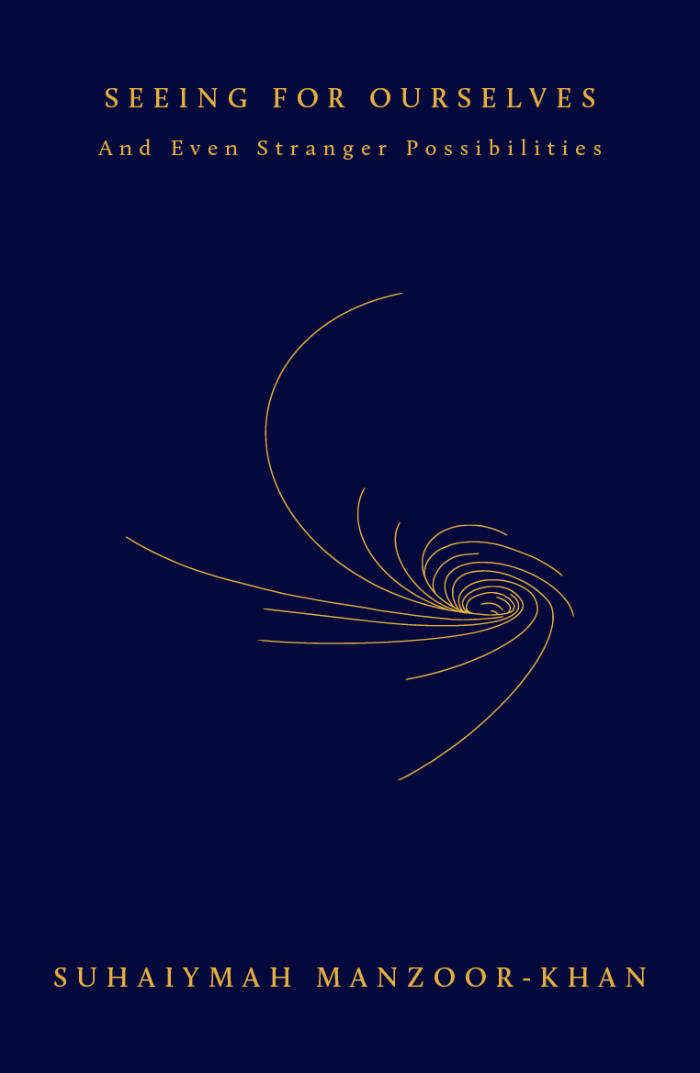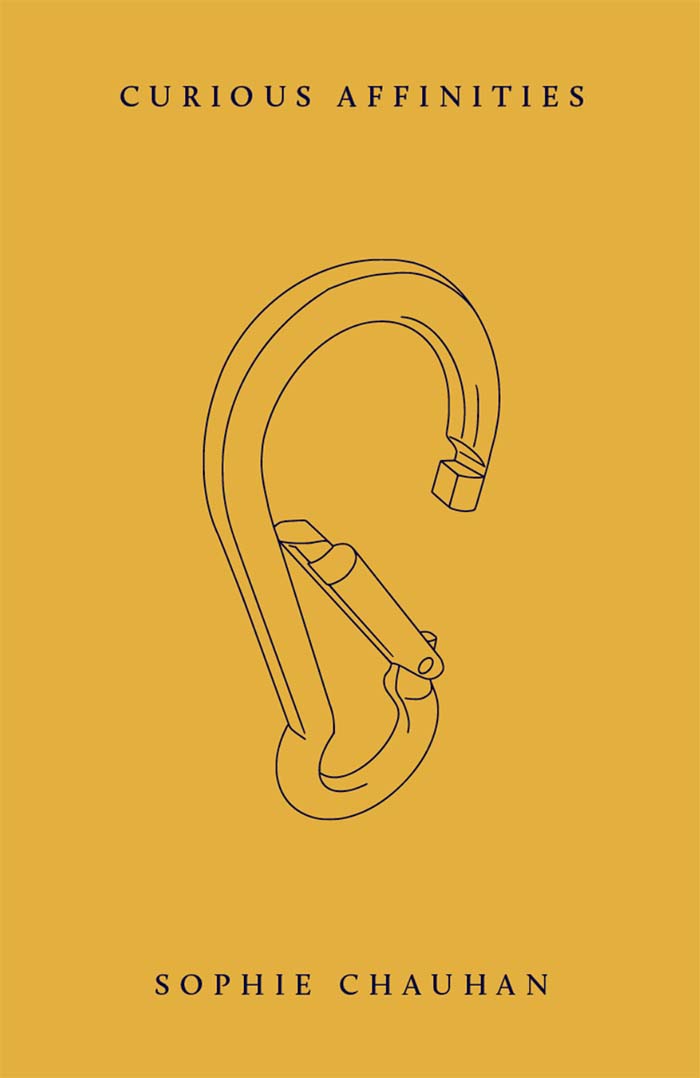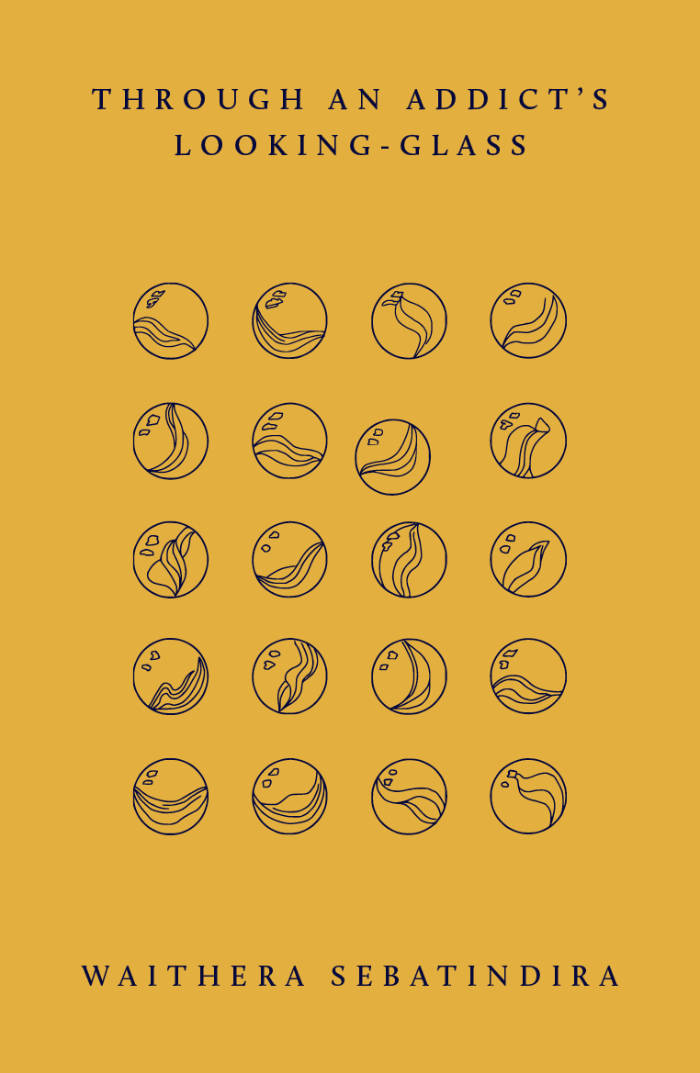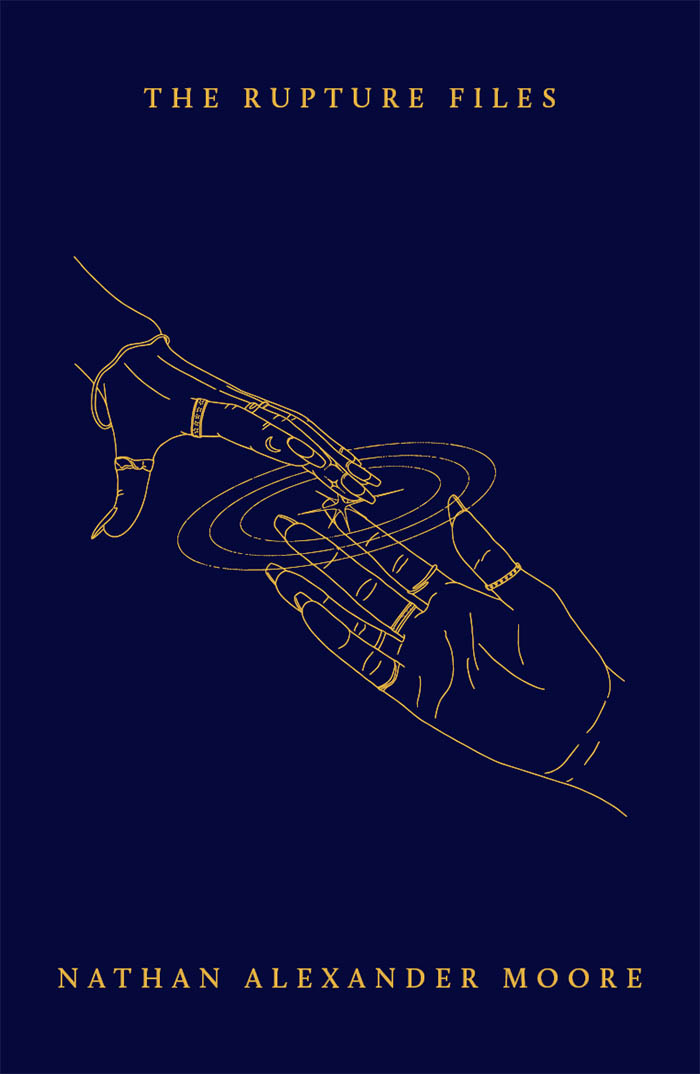
Sambac Beneath Unlikely Skies
Tender yet brutal vignettes on a girlhood in Gaza, Palestine, filled with honey and warmth.
Winner of the Creative Award in the 2022 Palestine Book Awards.
Chosen as a 2021 Book of the Year by The White Review, Middle East Eye & The New Arab.
Sambac Beneath Unlikely Skies is written for those who had to leave—collected remembrances of a childhood in Gaza by a woman far from Palestine’s sun and sea. Overindulgent, chaotic and sentimental, Heba Hayek’s narrator struggles to navigate life in colder, unfamiliar worlds. She holds tightly to memories of home, hoping they will lead back to her sisters and mothers.
With brilliance and grace, Hayek’s vignettes explore the methods of survival nurtured by Palestinian women in the face of colonial occupation and patriarchy—the power of community care, and of loving what’s not meant to be loved. Her reflections reveal the intimate magnificence and quiet devastation of everyday life: a family drive on the shore, waxing for the first time with aunties, or peeling figs while waiting at a checkpoint.
Heba Hayek is a London-based, Gaza-raised Palestinian author, creative and facilitator. She completed an MFA in Creative Writing at Miami University, Ohio, and studied for an MA in Social Anthropology at SOAS University of London.
Heba’s first book, Sambac Beneath Unlikely Skies, won the Creative Award in the 2022 Palestine Book Awards and was chosen as a 2021 Book of the Year by The White Review, Middle East Eye and The New Arab.







